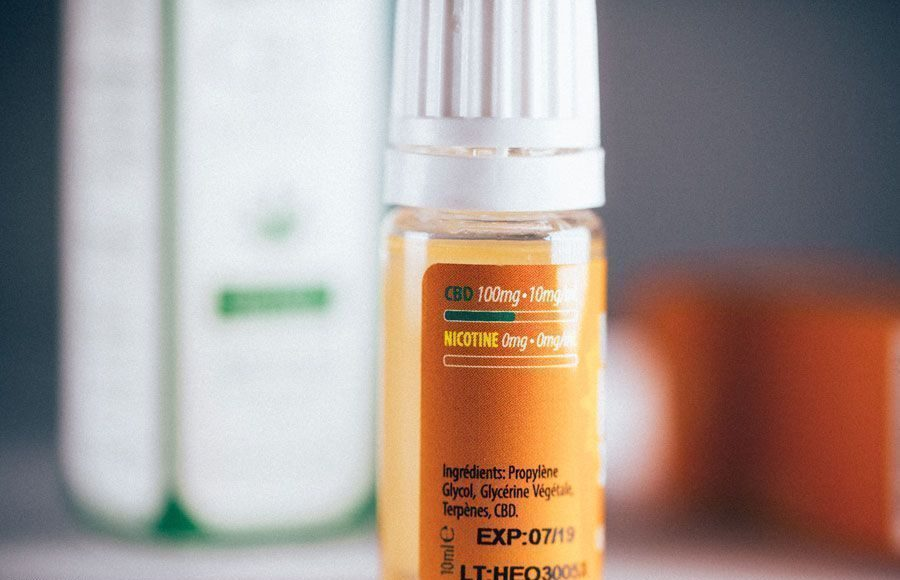
A new study funded mainly by the National Institutes of Health (NIH) foud that cannabidiol (CBD) inhibits infection of SARS-CoV-2 in cells and mice.
CBD and its metabolite 7-OH-CBD, but not THC or other congeneric cannabinoids tested, may potently block SARS-CoV-2 replication in lung epithelial cells, reported the current study. “CBD inhibits SARS-CoV-2 replication in part by up-regulating the host IRE1α RNase endoplasmic reticulum (ER) stress response and interferon signaling pathways.”
The substance acts after viral entry, inhibiting viral gene expression and reversing many effects of SARS-CoV-2 on host gene transcription. To this effect, the study presents CBD as a potential preventative agent for early-stage SARS-CoV-2 infection, and highlights that future clinical trials should be conducted to ascertain this.
Nicotine seems to have the same protective effect
Smokers represented just 1.3% of COVID-19 cases analyzed, while America’s adult smoking rate is at 13.7%.
Similarly, a number of studies have suggested the use of nicotine as a preventative measure against contracting the virus. A study conducted in a large French university hospital, had estimated the rates of daily current smokers among COVID-19-infected patients and compared them to the rates of daily current smokers within the general French population, after controlling the data for sex and age.
The compiled data had indicated that the daily smokers’ rate amongst COVID-19 patients was at 5.3%, whilst within the general French population, the rate of daily smokers rate was of 25.4%. These findings had led the researchers to conclude that daily smokers have a significantly lower probability of developing symptomatic or a severe SARS-CoV-2 infection, when compared to the general population.
Consistently less smokers are found among hospitalized COVID-19 patients
Renowned anti-smoking researcher Dr. Konstantinos Farsalinos and two colleagues, had analyzed data coming out of China, where it was widely speculated that the higher hospitalization and death rates among Chinese men was due to gender differences in smoking rates. However, Farsalinos found that there were significantly less smokers among hospitalized COVID-19 patients.
Moreover, another review of the Chinese data published in the European Journal of Internal Medicine concluded that “active smoking does not apparently seem to be significantly associated with enhanced risk of progressing towards severe disease in COVID-19.”
Subsequently, similar patterns started emerging from around the world. Data from the Centers for Disease Control and Prevention (CDC) have shown that smokers represented just 1.3% of COVID-19 cases analyzed, while America’s adult smoking rate is at 13.7%.
